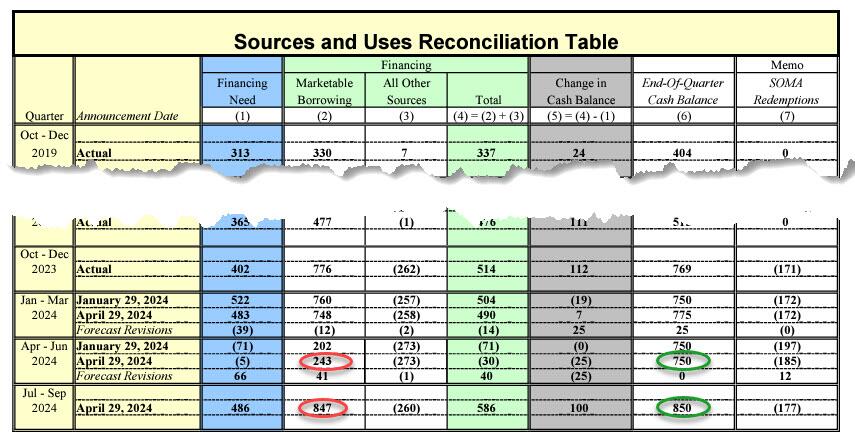Hackers broke into UnitedHealth's tech unit on Feb. 12 by exploiting a security vulnerability in software from private IT company Citrix that allows employees remote access to their desktop computers, the largest U.S. health insurer will testify before a House panel this week.
UnitedHealth CEO Andrew Witty's testimony before the House Energy and Commerce Committee, slated for Wednesday, will follow weeks of disruption to American healthcare since the insurer's Change Healthcare unit was hacked.
On the morning of Feb. 21, the cybercriminal gang AlphV, aka BlackCat, locked up Change Healthcare's systems and demanded a ransom to unlock them, Witty will tell the House panel, according to a copy of his written testimony posted to the panel's website on Monday.
"Not knowing the entry point of the attack at the time, we immediately severed connectivity with Change’s data centers to eliminate the potential for further infection," the testimony says.
The criminals used compromised login credentials to remotely access a Change Healthcare Citrix portal that did not have multi-factor authentication, according to the testimony.
A Citrix spokesman didn't immediately respond to a request for comment. It's unclear which specific security flaw at Citrix was exploited by AlphV, but U.S. officials issued multiple warnings about security loopholes in Citrix tools late last year, some of which were being used to breach healthcare groups.
The hearing before the panel's subcommittee on oversight and investigations will focus on the cyberattack's impact on patients and providers.
UnitedHealth has been working with the FBI and prominent cybersecurity firms to investigate the hack. Security experts from Google, Microsoft, Cisco and Amazon worked with teams from Mandiant and Palo Alto Networks to secure Change Healthcare's systems after the breach, according to the testimony.
Last week, Witty said the company had paid the hackers a ransom to ensure the decryption of Change Healthcare's systems, although the size of the payment is not known.
The company has been scrambling to contain the hit to healthcare payment processing across the country. Change processes 50% of all medical claims in the United States.
As of April 26, UnitedHealth Group had provided more than $6.5 billion in accelerated payments and no-interest, no-fee loans to thousands of health-care providers, according to Witty's testimony.





